Feb 12, 2024
Black History Month: Week 3
We sat down with Dance Church teacher Symone Sanz!
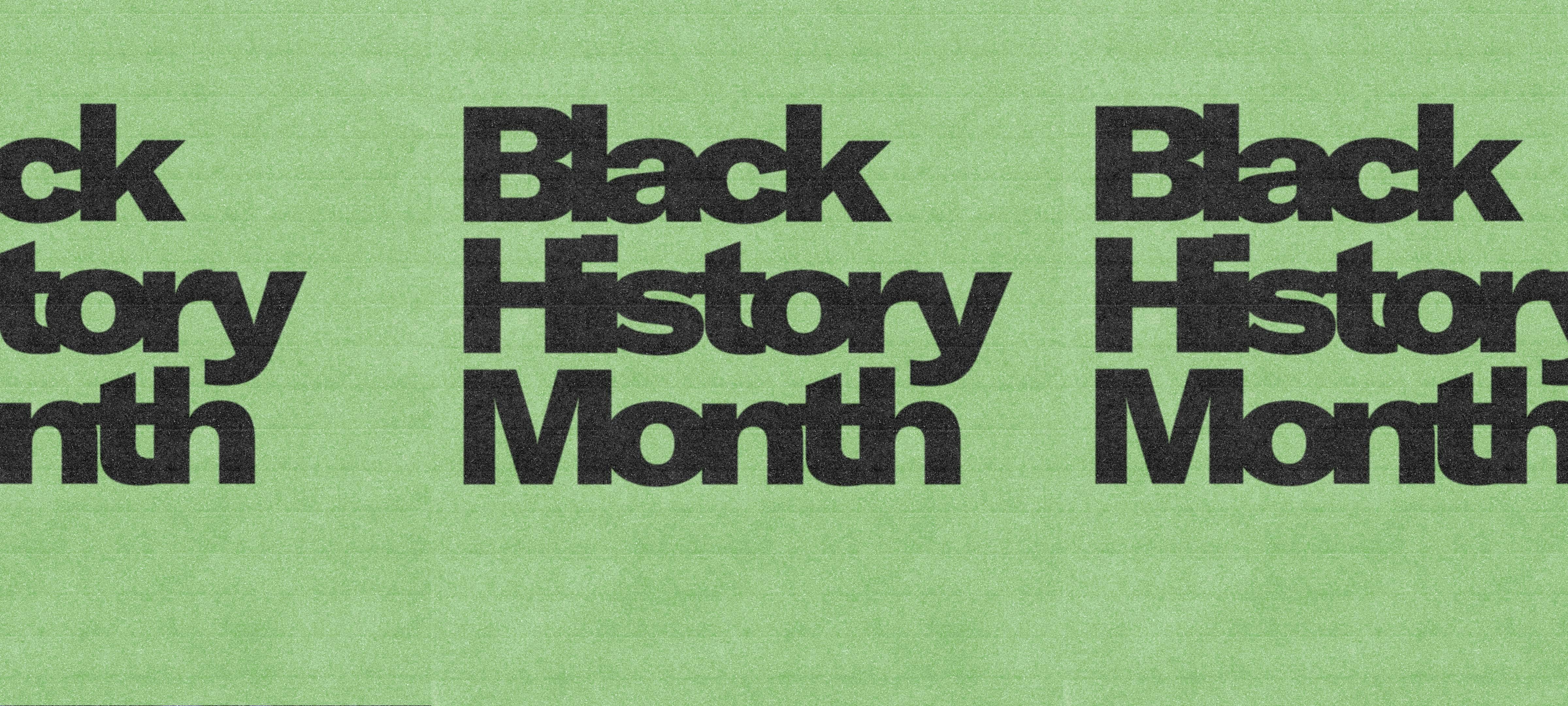
Every Dance Church Teacher is a practicing dance artist with stories, works, communities and history that weave through and far beyond the Dance Church dance floor. This month, we talked life lessons, music jams and big art inspo with Symone Sanz (Teacher, Seattle).
Q: Three things you can’t get enough of right now (besides dance!)?
Symone:
- This spring weather in Seattle! I love walking around Greenlake and seeing the flowers beginning to bloom.🌷
- My friends (new and old)! I’ve been cherishing the opportunity to gather with community for a movie night, crafting, or just sharing a coffee with some truly lovely humans.
- Baking! I’ve ventured into the world of yeasted dough and have just made my first brioche loaf. 🍞 So yummy (and the process is surprisingly full of life lessons)!
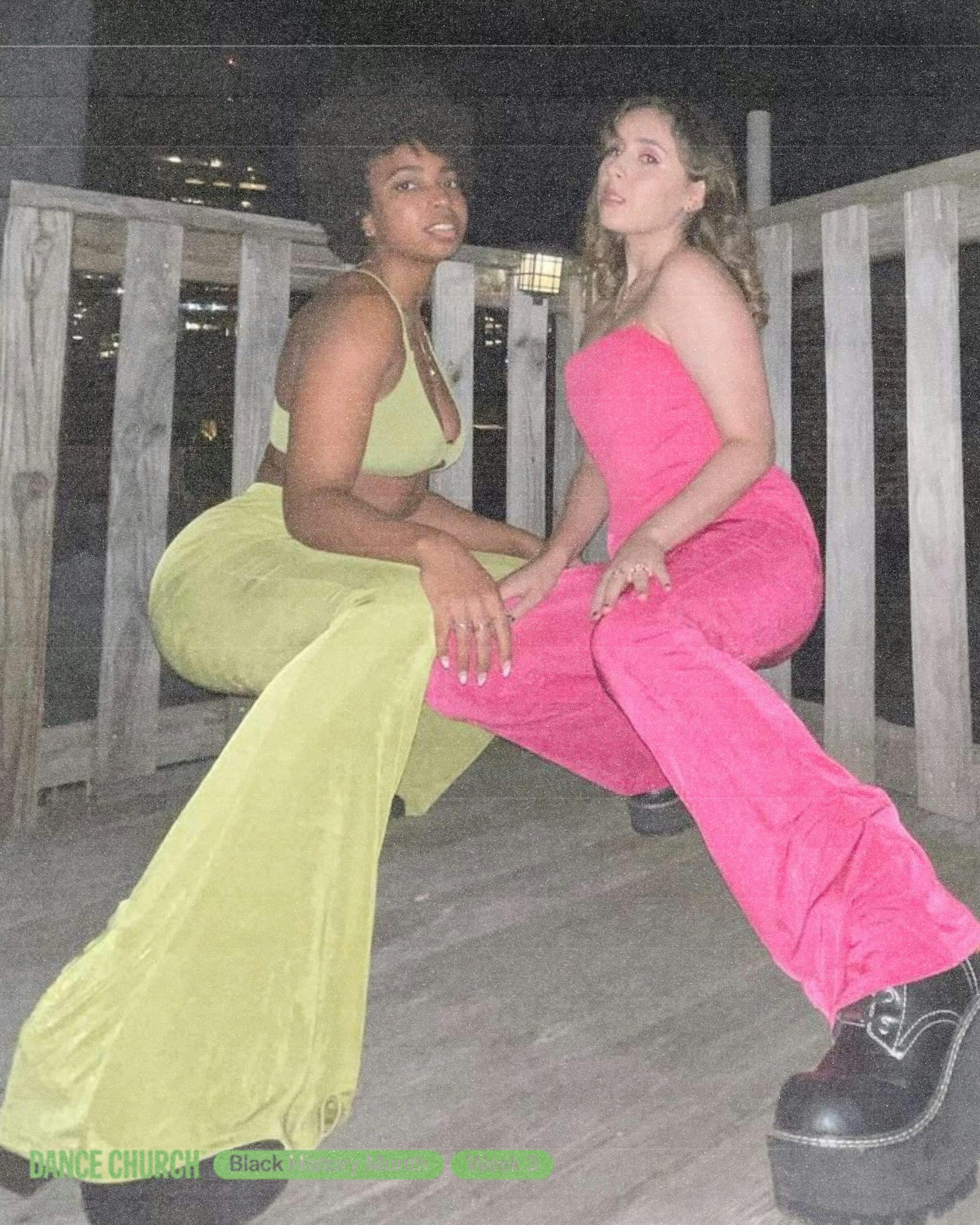
Q: Too tempting. Can you share one “life lesson” you’ve learned from your yeast?
Symone: Ha, yes! I was kneading the dough by hand and it was in trying to incorporate what seemed like way too much butter that I remembered life looks really messy in the middle of a journey. Even when things start to burst at the seams, it's worthwhile to keep going and even rewrite the rules to get to the other side!
Q: Okay, so Seattle is obviously lucky to have you in our local scene, Symone. What draws you to place, like what do you look for when you’re building community?
S: I look for shared values of equity and experiences that are rich in resources from which experimentation can flourish. Luckily, I don't have to look very far for those here! 🍀Seattle is unique in the lack of competitive energy I find in larger cities. I’ve found there is so much authentic support both in class (for example trying a new skill in Dance Undercurrent) and outside of class (asking when my next show is) that continues to draw me in.
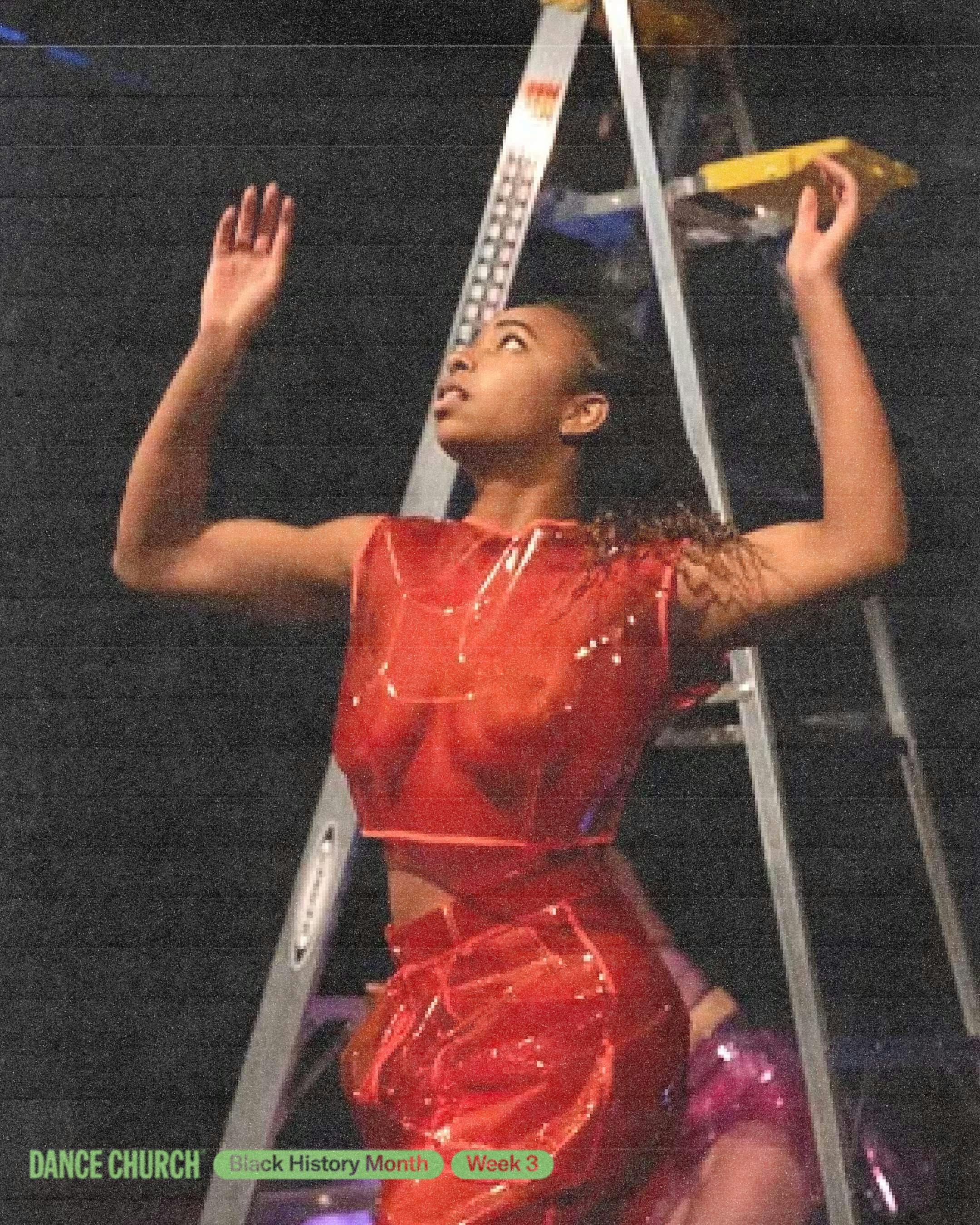
Q: What drew you to Seattle’s arts scene? Were there performers, makers, communities, research opportunities, foods, music… that brought you here?
S: Like many others, I found my start in Seattle through Velocity Dance Center’s Summer Festival of Dance and Improvisation (SFD+I). It connected me to life long mentors and collaborators who were eager to play and research just for pleasure rather than to produce something perfect. I also got my first impression of Seattle in July, which locals know is a sure fire way to become infatuated with the city.🌞
Q: What does “research” mean to you, in dance? We all love a show (the production, the product, the drama…), but it sounds like you’re talking about something else, something before (or more?)
S: For a lot of dancers, research often looks like rehearsal or practicing a specific set of skills. I think the idea of deeply considering why and how my body moves (physically and emotionally) is what I apply to choreography and performance. When I meet someone for the first time, hear about what's happening in other countries, or even notice something new in my daily life I hold onto whatever feeling that evokes and try to replicate it in my work. So really everything, everyday is research to me.
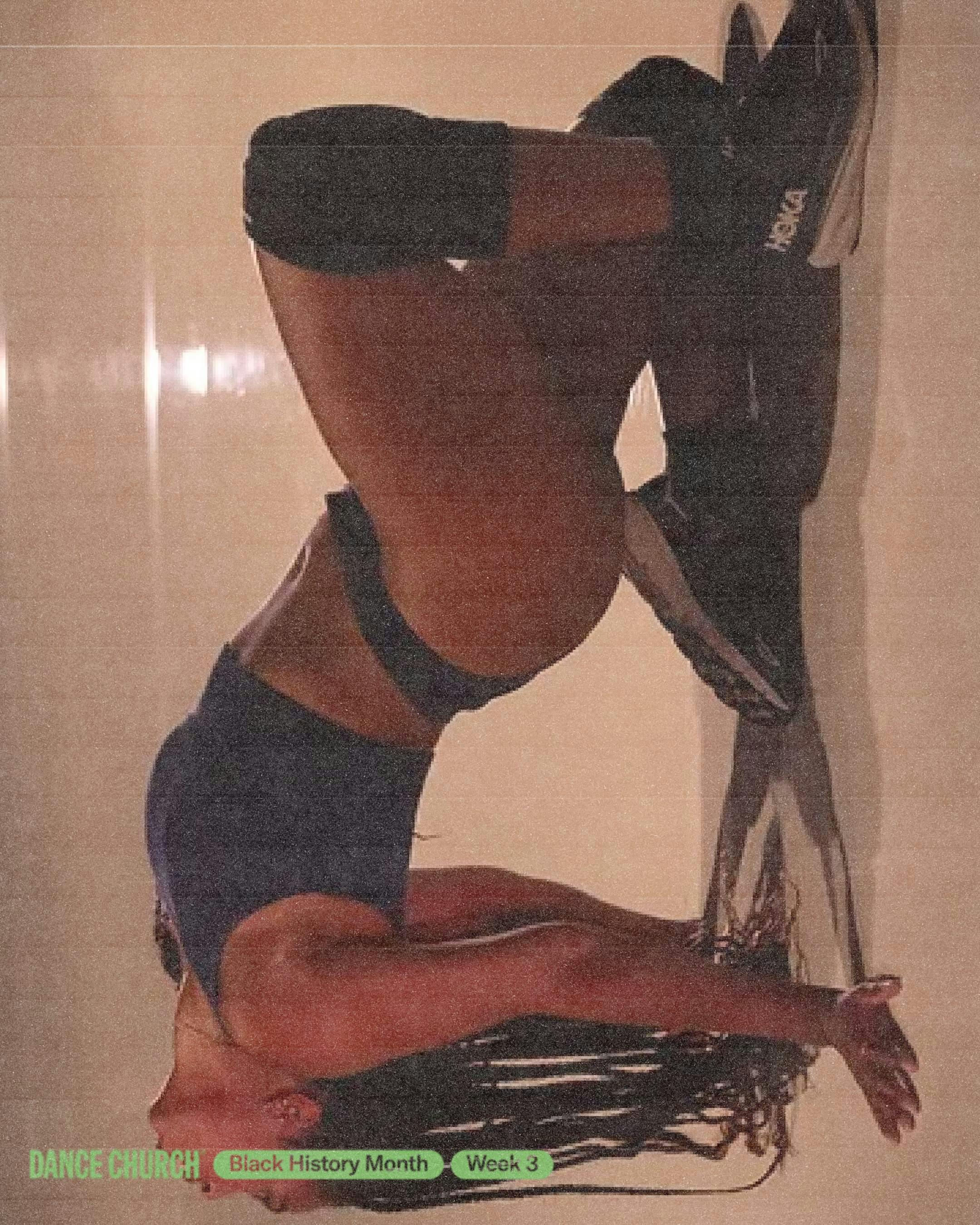
Q: Has your relationship with art and community evolved over time? Who’s legacy (or active work!) inspires and moves you?
S: There are a number of Black dance artists in Seattle I am so moved by: Amanda Morgan, Nia-Amina Minor, Akoiya Harris, marco farroni, Ashton Edwards, and (fellow DC teacher) Kiné Camara, to name a few. There are even more folks who don't currently reside in Seattle (David Rue, dani tirrell, and Maurya Kerr for example), but their presence is still very much a part of our community’s shared dialogue. I feel particularly fortunate to know each of these artists personally, so it feels enriching to see their work and draw from their growth as artists in my own work.
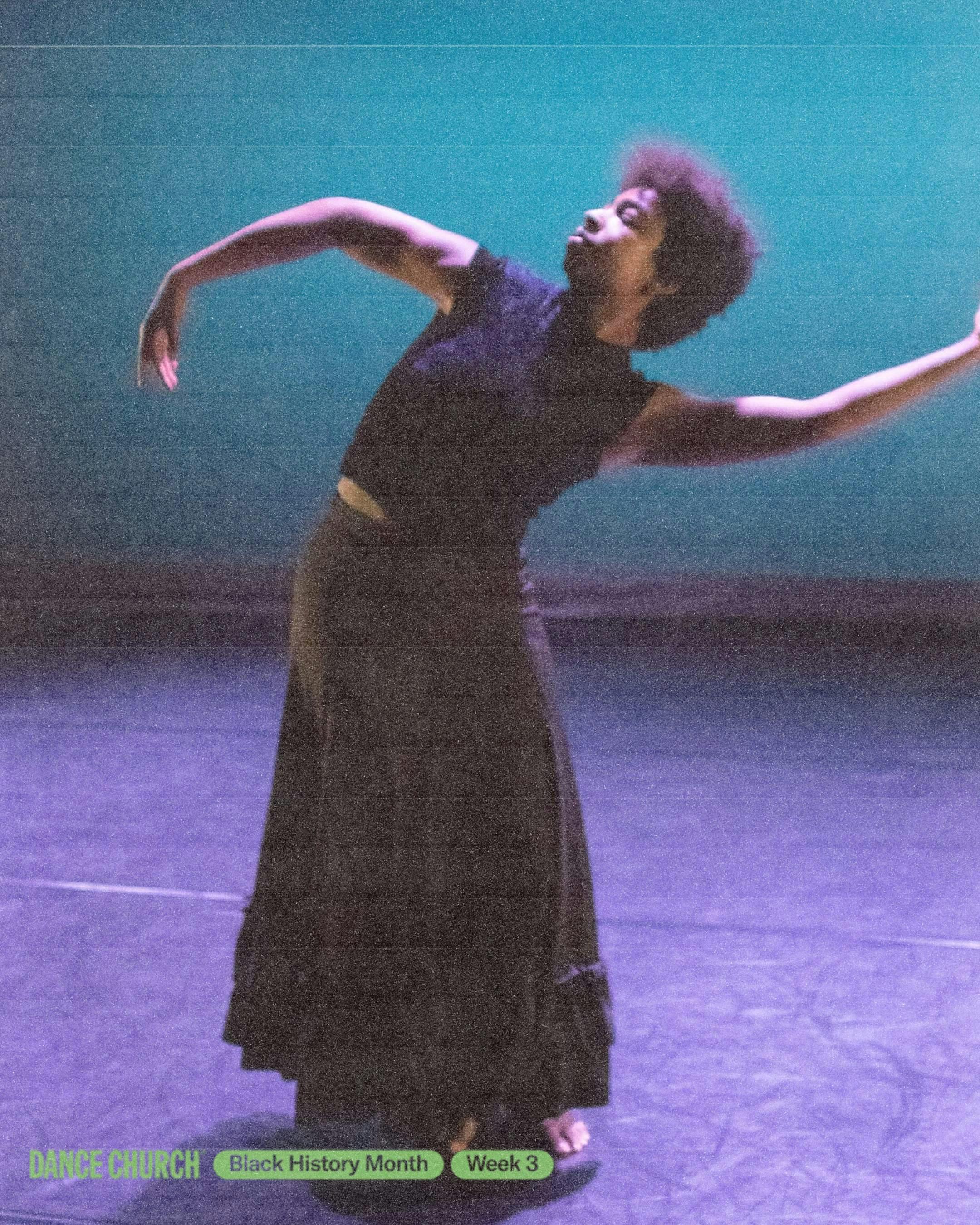
Q: In October you performed a self-made solo with Black Collectivity at On the Boards, and just last month you co-produced a show in the Central District. What excites you about making and producing?
S: For my first few years out of college and in Seattle, I felt like each work I made was disjointed and about something completely unrelated to the last. WRETCH (my solo for OtB), marked a turning point in my career: I now feel excited to dig deeper into the concept of mirroring social injustice through physical endurance and intensity (plus a little punk rock) through my perspective of feminism, my body, and my blackness. I’m excited to look back at my work over the last few years and discover unifying threads that serve that overarching idea. I’m eager to produce work that offers artists in my community the opportunity to discover ideas they continue researching throughout their careers.
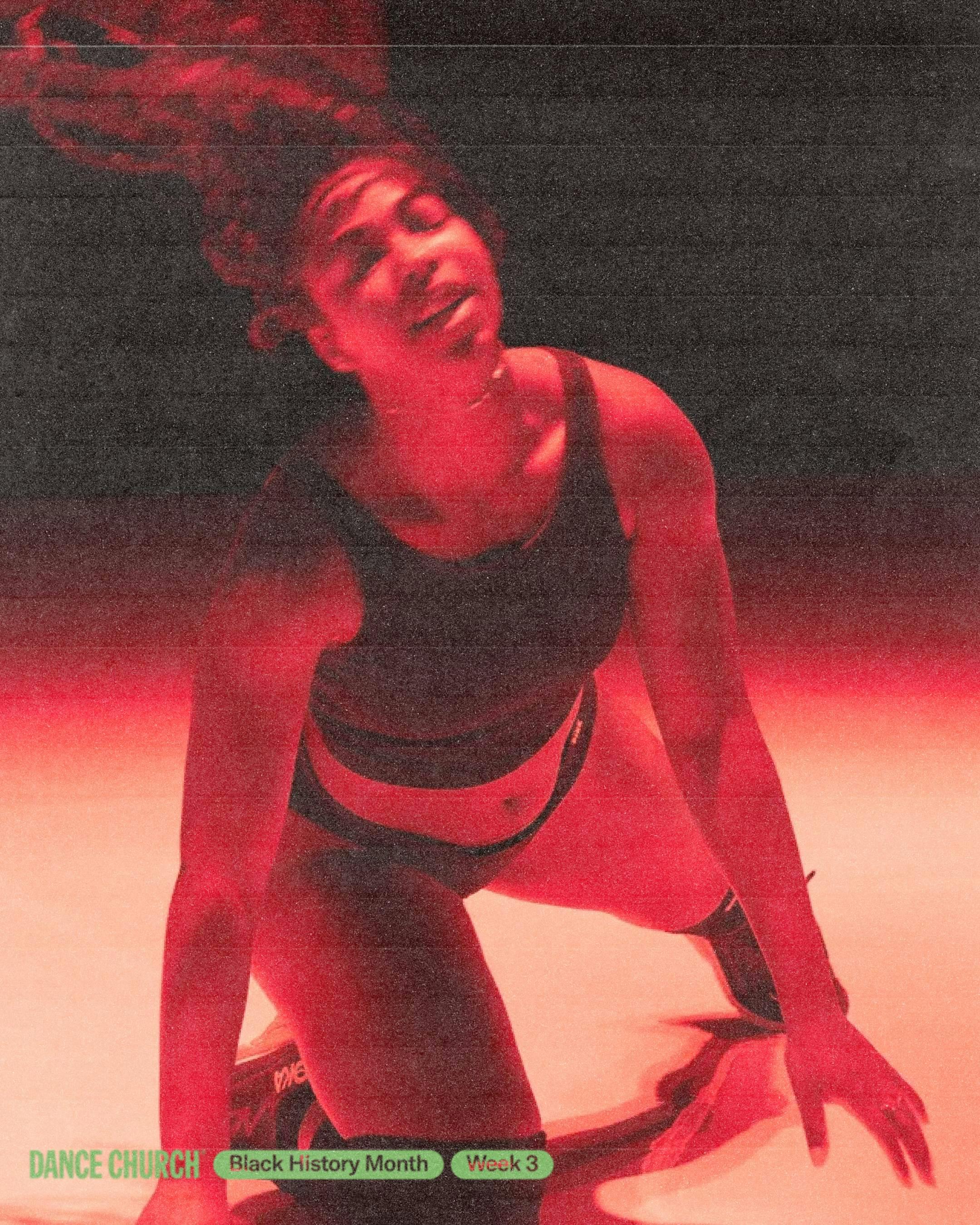
Q: Artists and producers/presenters push representation and creativity forward. How do you see your work impacting the local (or national!) community? What do you want us all to see (hear, feel, taste) more of?
S: At a post-show dinner in October, an audience member said in passing, “blackness is not a monolith.” That statement has really rocked my world since then. For the first time, I felt I didn't have to make work explicitly related to Black history, the BLM movement, or racism in order for it to reflect my identity. I hope that audiences around the country understand that no work of art is created in a vacuum—all of an artist’s experiences inform their work to varying degrees. I would even dare to say those shared, overlapping experiences and their transformation into art are what build culture.
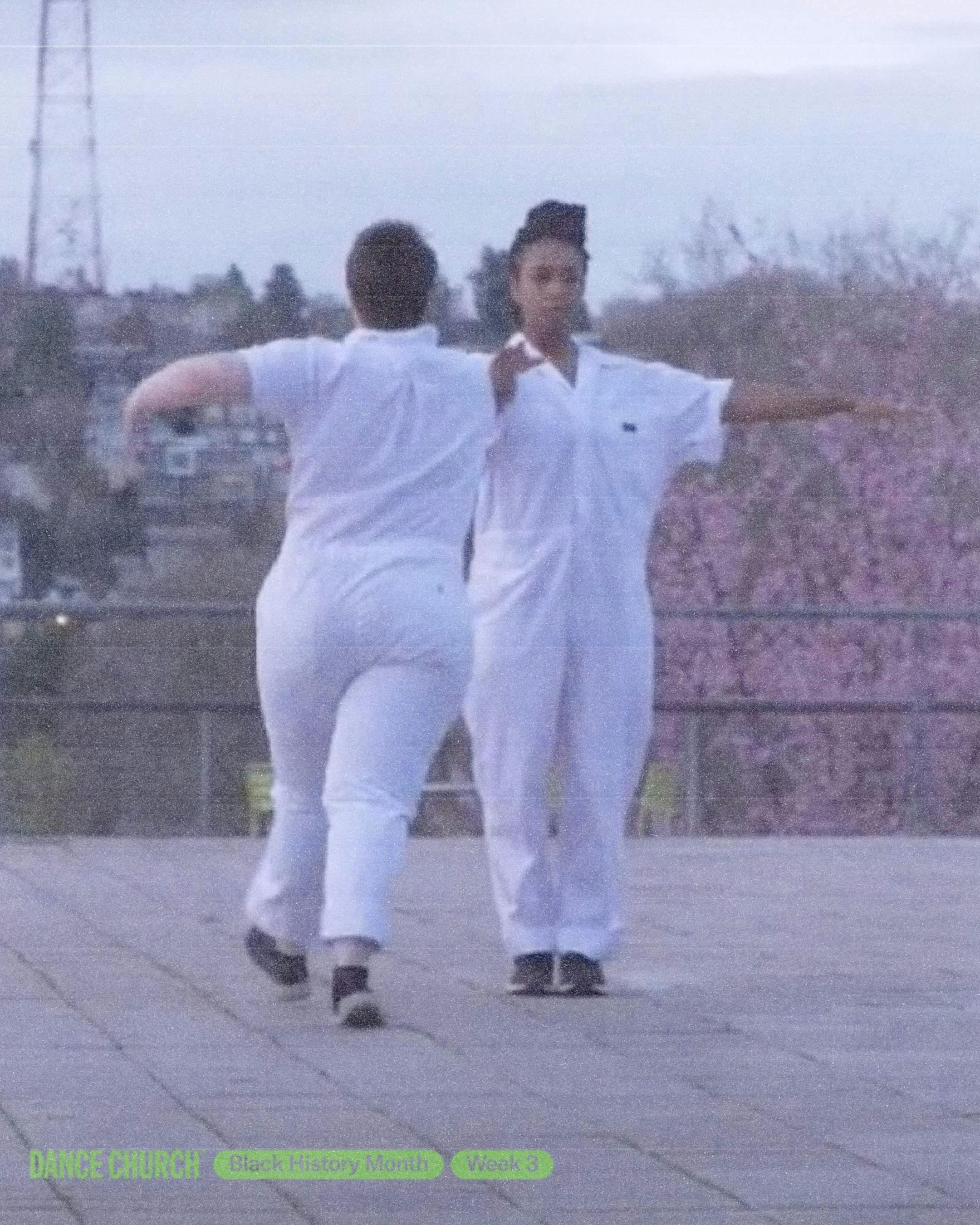
Q: We know you’re a Britney fan 😉 Finish the sentence: “Oops, I did it again, I….”
S: …planned another ridiculously complex party 🥳🤪
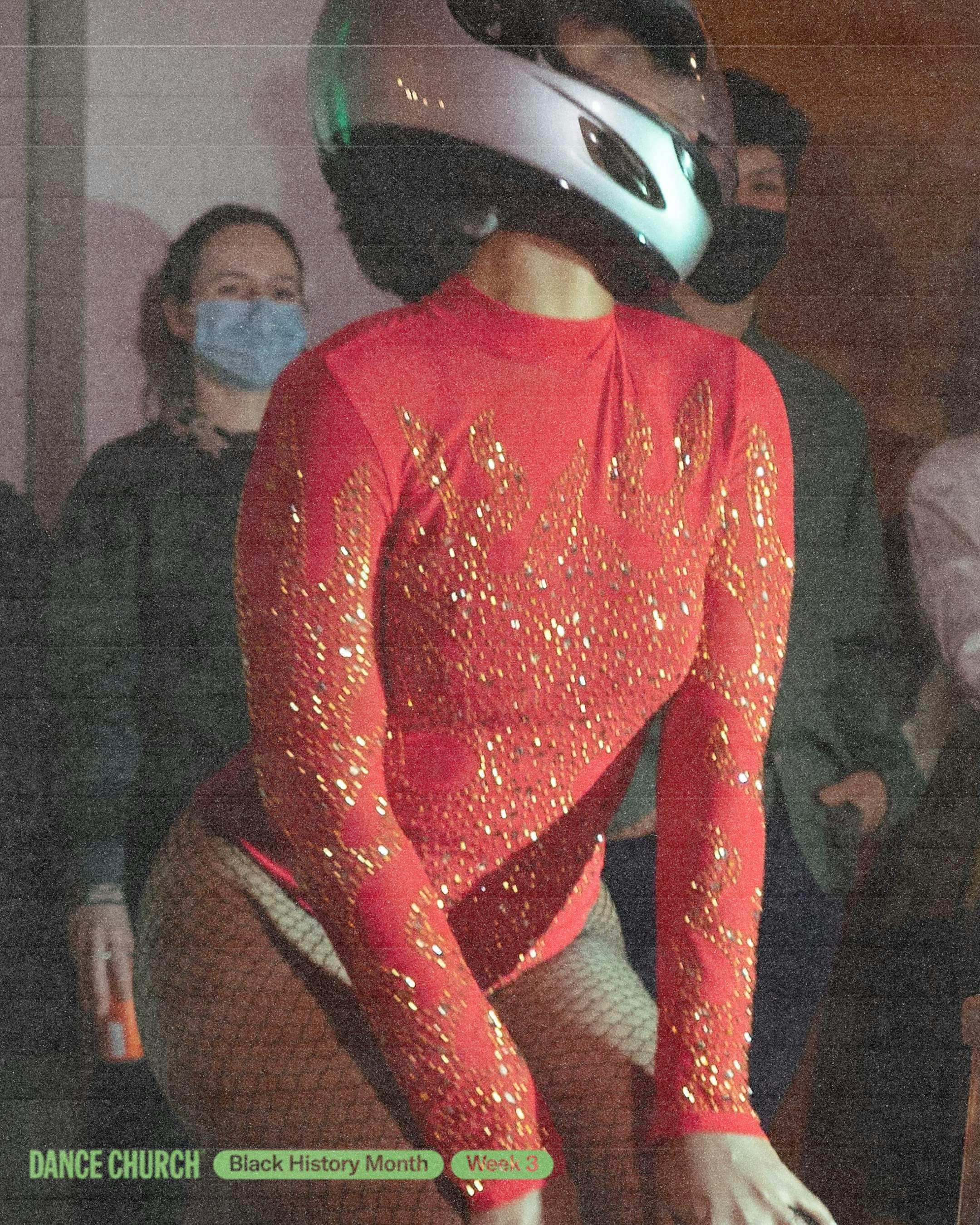
Q: This has been such a gift, Symone. Thanks for your words and your humor. Any last offerings?
S: Some (BIPOC) faves from my recent class playlists!